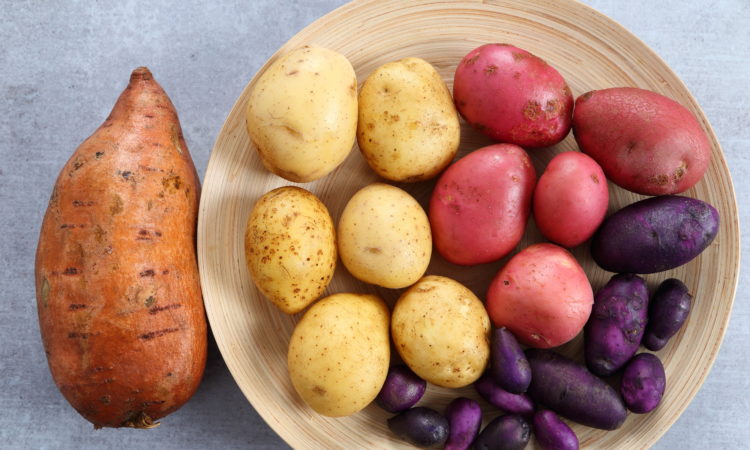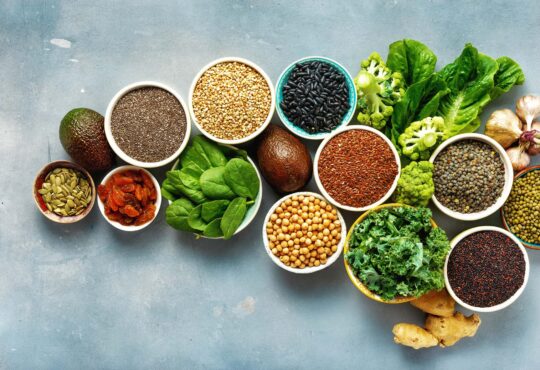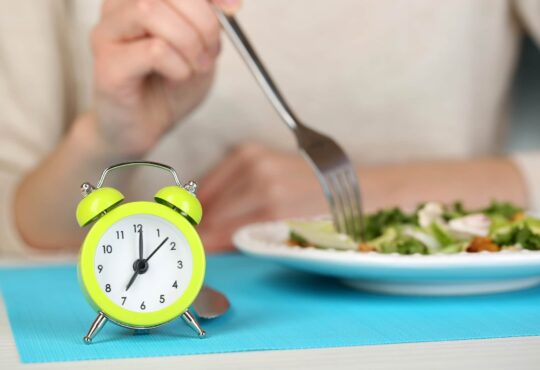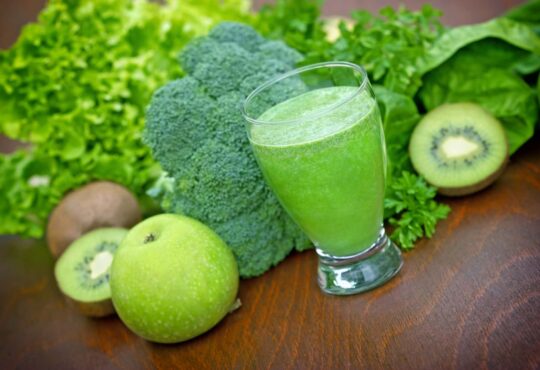
In the vast, interminable nutrition “wars” being waged across the Internet, one unlikely target recently emerged.
The common, lowly spud.
If you’re a carnivore or keto devotee, you probably scorn potatoes already for their high carbohydrate content. If you’re plant-based or a typical American eater, you probably take potatoes for granted.
But potatoes do have a high glycemic index, and chronically high blood sugar is a bad thing.
Some people, however, have lost weight by eating an all-potato diet. The most famous is the magician, Penn Jillette. He wrote the book: Presto: How I Made Over 100 Pounds Disappear and Other Magical Tales.
Can or should we still eat potatoes? If so, how can we do so in a healthy way?
A Potato Primer
Potatoes are of the nightshade Solanaceae family, genus Solanum. They’re starchy tuber root vegetables grown underground.
People in areas of northwestern Bolivia and southern Peru domesticated a species in the Solanum brevicaule complex seven to ten thousand years ago. Thanks to selective breeding, there’re now over 5,000 species.
The Spanish explorers introduced the potato to Europe in the 16th century, and now it’s the world’s fourth-largest staple food crop (behind only wheat, corn, and rice).
In the United States, potatoes are the second most consumed food. On average, Americans eat 135 pounds of potatoes every year – about one potato per day.
The Potato’s Basic Nutritional Profile
Potatoes are high in starchy carbohydrates – which is the root cause of the controversy over their health benefits. They also have enough protein to live on – and almost no fat.
They contain high amounts of Vitamin B6 and Vitamin C, though those do go down with cooking. Also, they contain Vitamins B1 and B3, folate, pantothenic acid, riboflavin, potassium, phosphorus, and magnesium.
They contain mainly insoluble fiber.
However, potatoes are difficult to analyze because they’re so rarely eaten by themselves.
We tend to eat them with butter and sour cream. Or fried in oil and processed in many other ways (potato chips) – with added salt.
Plus, much of the nutrition is in the skin, and many people don’t eat it.
And most Americans eat only white potatoes. But the varieties of potatoes with colored flesh contain more polyphenols and antioxidants.
The Main Issue – Their High Glycemic Index
Potatoes are full of starch – nobody disputes that.
High amounts of easily digested starch spike blood sugar levels – and that’s the worrisome issue. Some believe white potatoes are in a class with the other “whites” – white bread and white sugar. Others say no, they contain important polyphenols.
In 2006, the Nurse’s Health Study of over 84,000 women found that greater consumption of potatoes was associated with a greater risk of Type 2 diabetes. People who eat more potatoes also eat more meat – which raises the risk of type 2 diabetes – so the researchers tried to adjust for that. Still, the numbers said potato consumption alone raised diabetes risk.
In 2015, the all-male Health Professional Study also found that consuming more potatoes increased the risk for diabetes. That increased risk was small for eating baked, boiled, or mashed potatoes – but five times worse for french-fried potatoes.
According to a 2018 meta-analysis, every daily serving of potatoes raises diabetes risk by 20%. But the researchers could not separate the risk of plain potatoes from fried potatoes – and we know frying is dangerous for many reasons, especially deep frying.
Another study looked at potato consumption in a country where eating them is NOT linked to unhealthy foods – Iran. Iranians who ate the most boiled potatoes had only half the risk of developing type 2 diabetes.
Potatoes and High Blood Pressure
The Nurse’s and Male Health Professional studies also found a high correlation between eating potatoes and increased risk of hypertension.
Of course, most people flavor their potatoes with salt and saturated fat, so the researchers tried to separate out those factors – and still found potatoes added to the risk of hypertension.
Again, however, there’re counter-examples. Two studies were done of people in the Mediterranean region, who eat potatoes along with vegetables. They didn’t suffer from an increased risk of high blood pressure. In Sweden, people eat boiled potatoes – and a study of them likewise found no increased risk of cardiovascular disease.
The NIH-AARP study of diet and health found, after adjusting for the effects of eating potatoes while also consuming salt, saturated fat and more – potato consumption is NOT linked to increased risk of disease or early death – except fried potatoes.
Ways to Reduce the Health Risks of Eating Potatoes
1. Stick with sweet potatoes.
2. Eat potatoes with yellow or purple-colored flesh, indicating high amounts of antioxidants.
3. Avoid all deep-fried and fried potatoes. Boil, bake, air-fry, or microwave.
4. Do NOT add butter, sour cream, bacon bits, or salt.
5. Eat potatoes with other vegetables, especially those with lots of polyphenols and antioxidants, to blunt post-meal spikes in blood sugar levels.
6. Eat the skins, where most of a potato’s nutrition and fiber are found.
7. After cooking potatoes, chill them. This turns some of the digestible starch into resistant starch – and there’s a nearly 40% drop in the Glycemic Index. This drop-in GI remains even if you reheat the potatoes before you eat them.
8. Eat potatoes along with vinegar or lemon juice. Vinegar is the more powerful. One or two tablespoons a day help control blood sugar in diabetics.
9. Do add healthy spices and low-fat flavorings.
I wouldn’t suggest anybody try to live by eating only one food, even kale.
However, potatoes are a nutritious, satisfying food that, consumed intelligently, supports weight loss and a healthy lifestyle.
https://www.youtube.com/watch?v=2Bt06V8VbHw
https://www.youtube.com/watch?v=FzZ3DaqpYCw
https://www.youtube.com/watch?v=26Q-OjCr9tA
https://www.youtube.com/watch?v=yLpnLemBGbU
https://www.youtube.com/watch?v=WCK4mPaOE4U
https://www.youtube.com/watch?v=FzZ3DaqpYCw
https://www.healthline.com/nutrition/foods/potatoes
https://www.mainepotatoes.com/faqs/how-popular-are-potatoes/
https://www.fao.org/potato-2008/en/potato/factsheets.html
https://www.chron.com/news/article/How-magician-Penn-Jillette-lost-100-pounds-on-14019288.php







